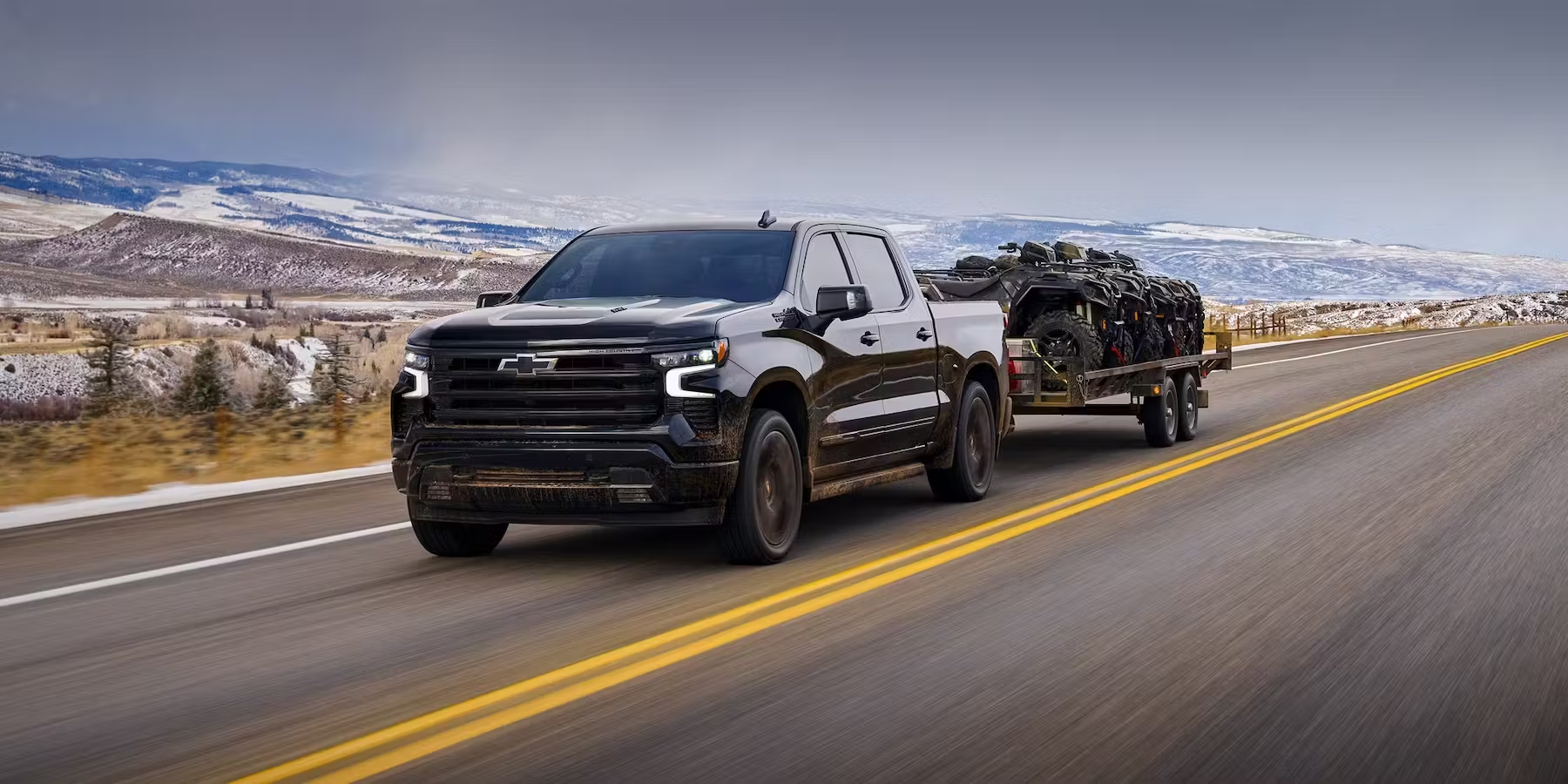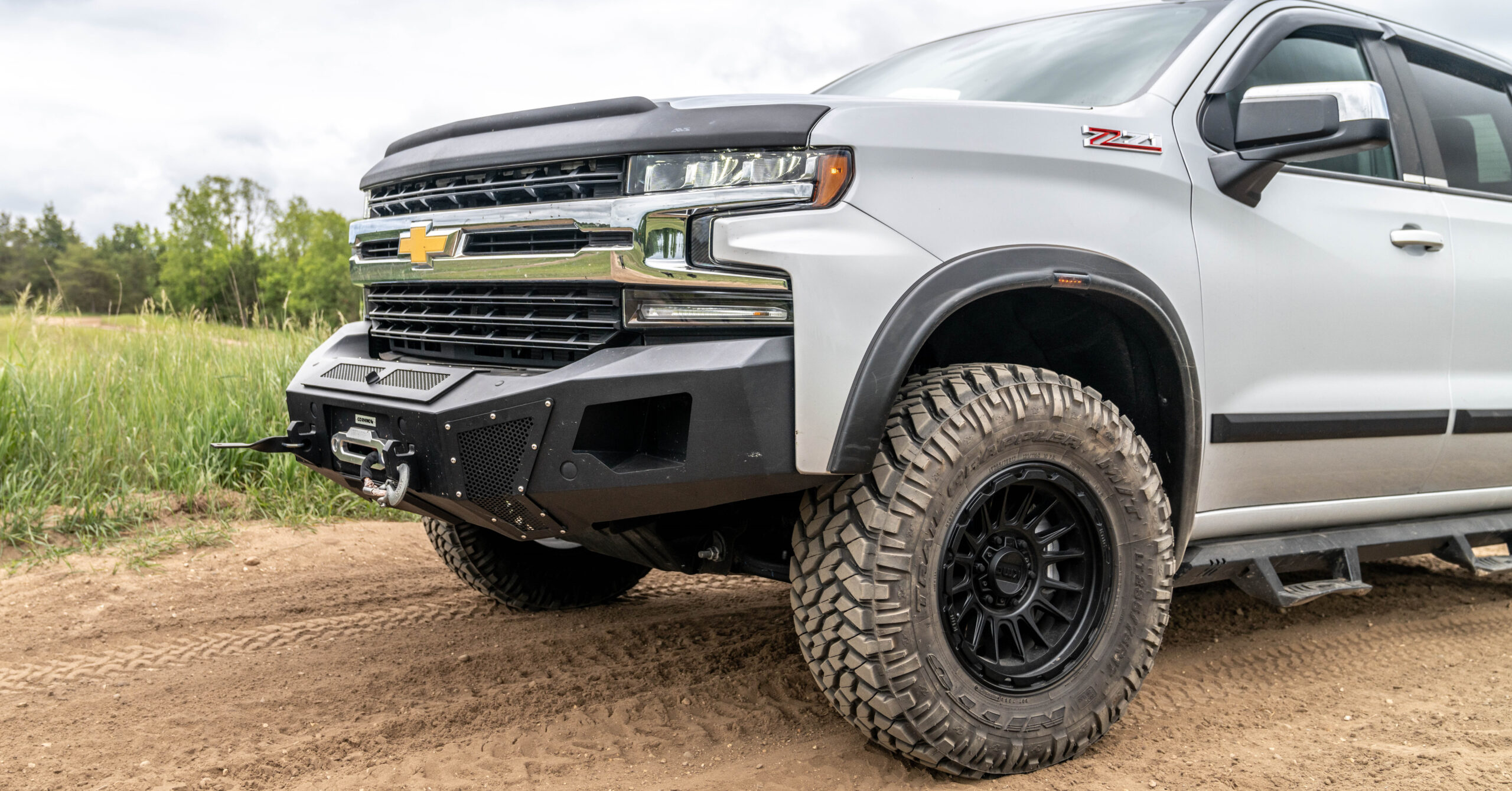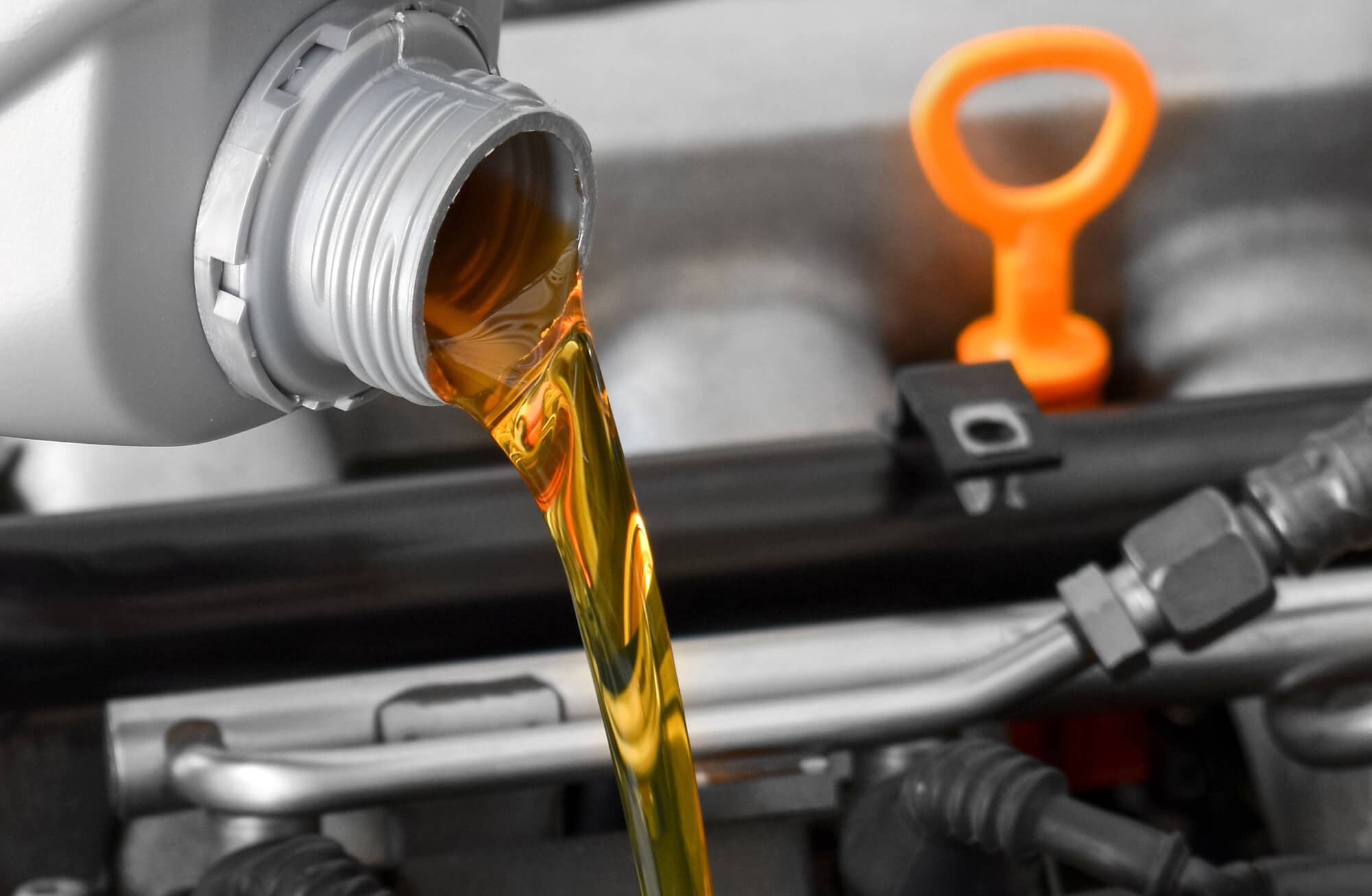As trucks evolve from being rugged workhorses to versatile vehicles, their towing capabilities are becoming more crucial than ever. If you’re hauling heavy-duty equipment for work, towing a boat for weekend adventures, or pulling a trailer across the country, having a truck that can handle demanding tasks is a game-changer. However, with increasing towing demands comes the question: how can you safely increase your truck’s towing capacity without compromising performance or safety? This guide will walk you through the essential steps to maximize your truck’s towing power while keeping it road-safe and reliable.
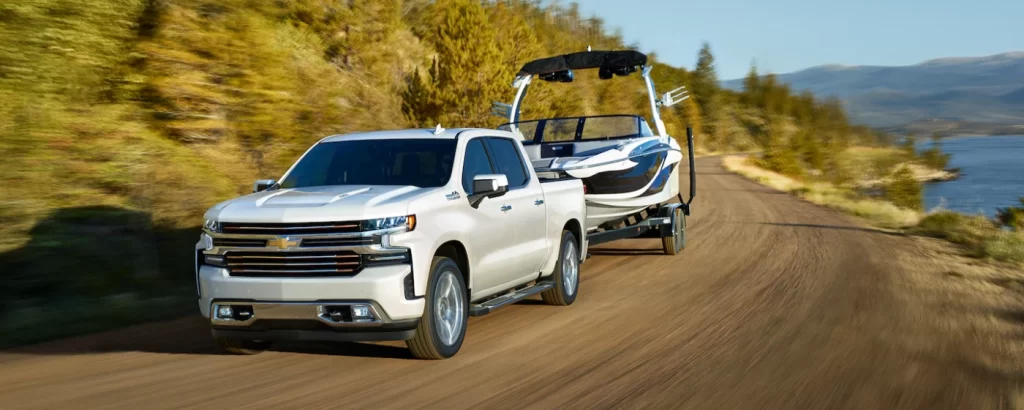
Understanding Towing Capacity: The Basics
Towing capacity is the maximum amount of weight a truck can safely tow without causing damage to the vehicle or endangering safety. It is influenced by several key metrics, including the gross vehicle weight rating (GVWR), payload, and gross combined weight rating (GCWR).
- GVWR refers to the maximum operating weight of a truck, including the vehicle itself, passengers, cargo, and fuel. It does not include the weight of a trailer.
- Payload is the total weight your truck can carry in its bed and cabin, including passengers and cargo, without exceeding the GVWR. This is critical when towing because a higher payload can reduce the towing capacity.
- GCWR is the total allowable weight of the truck, its payload, and the trailer being towed. This figure helps calculate the towing capacity by accounting for both the vehicle’s weight and the trailer’s weight together.
By understanding these terms, you can better assess how much weight your truck can handle in various towing situations, ensuring you stay within safe limits.
How It’s Determined
Manufacturers calculate a truck’s towing capacity by considering multiple factors, including:
- Engine Power: The horsepower and torque of your truck’s engine play a key role in determining how much weight it can tow. More torque allows the engine to pull heavier loads, especially when climbing hills or accelerating from a stop.
- Transmission: A stronger transmission helps manage the engine’s power while towing, preventing overheating and reducing wear. Many manufacturers provide specific towing packages with upgraded transmission systems designed for heavy loads.
- Braking System: The ability to safely stop while towing is as important as the ability to tow. Trucks with more advanced or heavier-duty brakes will generally have higher towing capacities because they can handle the increased stopping distances required when towing large trailers.
- Suspension: A robust suspension system ensures that the truck remains stable while towing, even under heavy loads. Trucks with enhanced suspension systems, such as those equipped with heavy-duty springs or air suspension, can handle more weight without excessive sagging or instability.
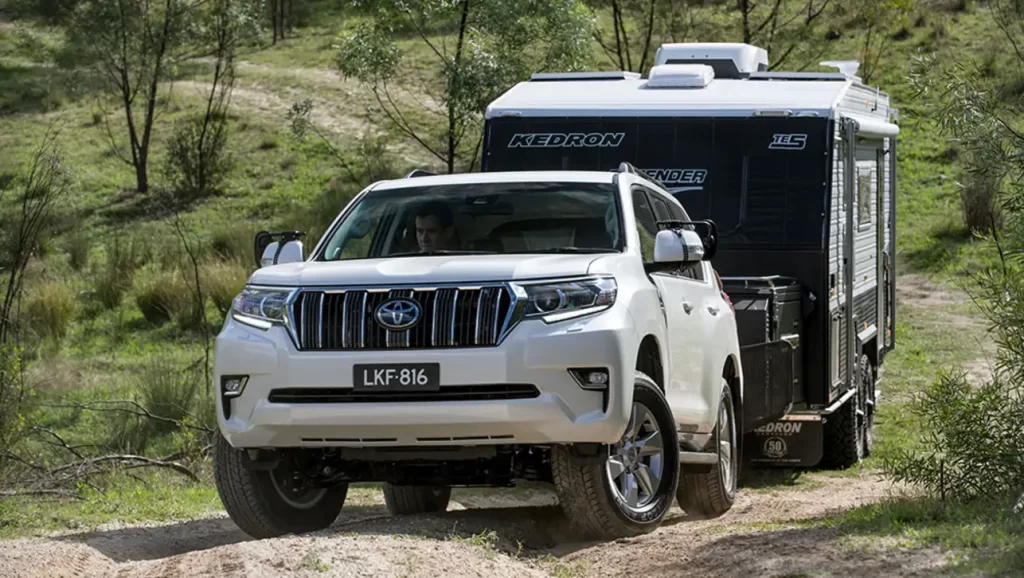
Why It Matters
Staying within the recommended towing limits is critical for several reasons:
- Safety: Exceeding your truck’s towing capacity puts undue strain on essential components like the engine, transmission, brakes, and suspension. This increases the risk of accidents, such as brake failure, loss of control, or tire blowouts, especially when traveling at higher speeds or on challenging terrain.
- Vehicle Longevity: Regularly towing loads that exceed your truck’s capacity can cause premature wear and tear on key components, such as the engine and transmission, leading to costly repairs or even complete failure of the vehicle.
- Insurance and Liability: Many insurance policies will not cover accidents or damage caused by towing loads beyond the manufacturer’s recommended capacity. This means that if an accident occurs while overloading the truck, the driver may be held financially responsible for any damages.
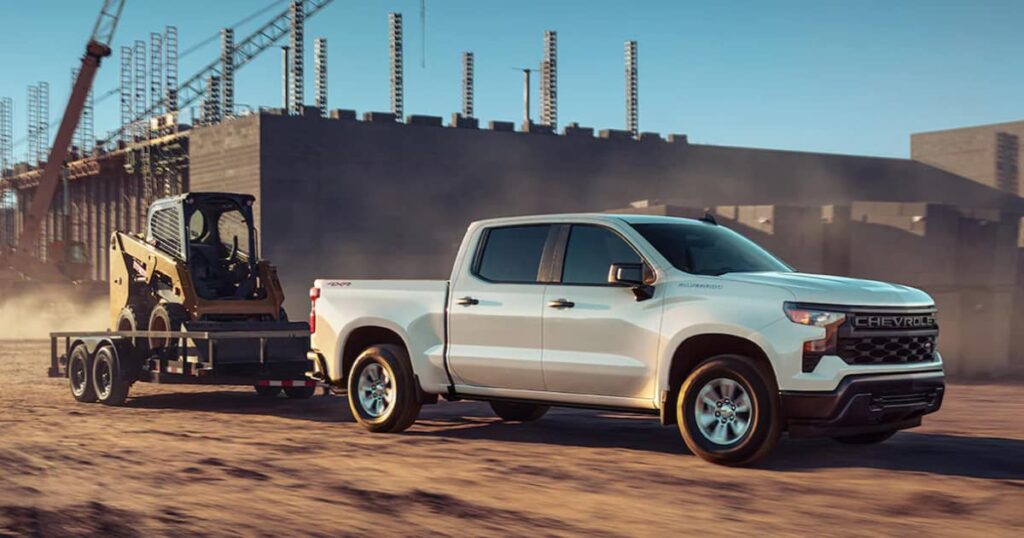
Mechanical Upgrades to Boost Towing Capacity
To safely increase your truck’s towing capacity, you may need to make some key mechanical upgrades. Enhancing your vehicle’s suspension, tires, wheels, cooling systems, and brakes can ensure that it remains stable, safe, and efficient when hauling heavier loads. Below are the most effective modifications for boosting your truck’s towing performance.
Suspension Enhancements
Towing heavy loads puts significant strain on your truck’s suspension system. The added weight can cause sagging, instability, and poor handling. By upgrading your suspension, you can improve the truck’s towing ability and overall stability.
Heavy-Duty Springs and Shocks
Upgrading to heavy-duty springs and shocks is one of the most practical ways to improve your truck’s towing capacity. Standard suspension systems are designed for everyday driving, which doesn’t include hauling heavy trailers. Heavy-duty springs and shocks are built to support extra weight, reducing the amount of sag your truck experiences when towing a large load. These components also help enhance stability, giving you better control over your truck and reducing the risk of swaying or instability when driving over uneven terrain.
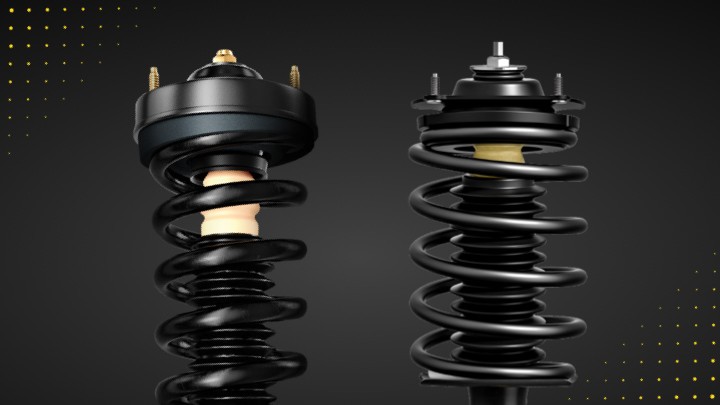
Air Suspension Kits
Air suspension kits provide even more versatility when towing. These systems use air-filled bags instead of traditional springs, allowing you to adjust the suspension height and stiffness based on the weight you’re towing. When towing heavy loads, you can inflate the air bags to level out your truck, preventing sag and providing a more comfortable ride. The adjustable nature of air suspension ensures that your truck can handle a wide range of towing situations, offering improved handling and reducing wear on your suspension components.
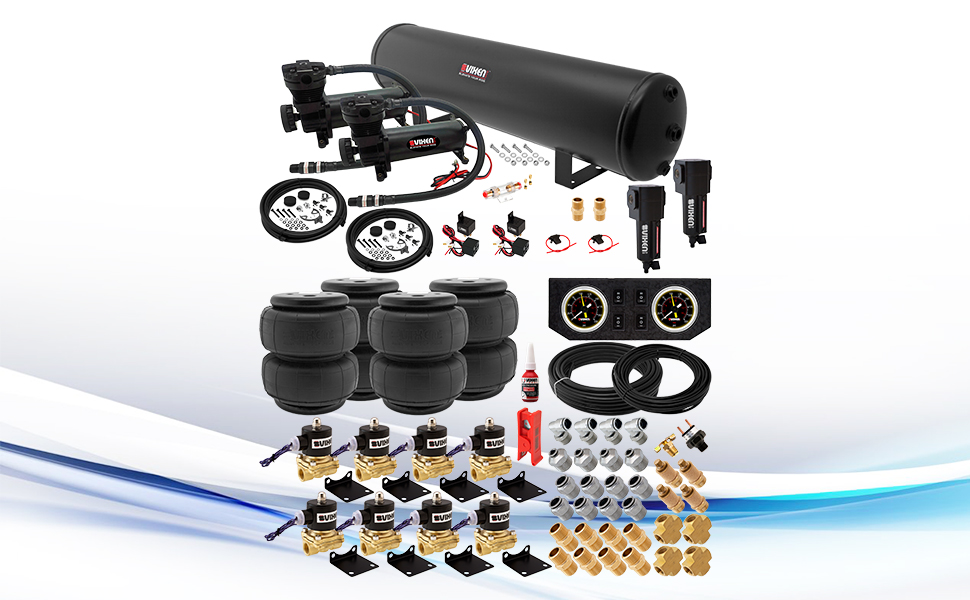
Towing-Specific Tires and Wheels
All-Terrain vs. Highway Tires
When towing, tire selection plays a significant role in both safety and performance. All-terrain tires are designed to provide traction on a variety of surfaces, making them ideal for those who tow off-road or on uneven terrain. However, for highway towing or long-distance hauls, highway-rated tires are often the better choice due to their ability to handle higher speeds and heavy loads. Regardless of the tire type, ensure that the tires you choose have high load ratings, meaning they are capable of supporting the weight of the truck and trailer. Proper tire pressure is also essential—underinflated tires can lead to blowouts, while overinflated tires may reduce traction and increase stopping distances.
Wheel Upgrades
Upgrading to stronger, more durable wheels can also improve safety and handling when towing. Steel or aluminum wheels with higher load capacities are designed to support the extra weight of a loaded trailer. These wheels provide better weight distribution, reducing the risk of tire failure and improving the truck’s overall stability. Plus, stronger wheels can withstand the added stress of towing on rough terrain, reducing the likelihood of bending or cracking under heavy loads.
Transmission and Engine Cooling Systems
Towing heavy loads places immense strain on your truck’s transmission and engine, increasing the risk of overheating. To keep your truck running smoothly, consider adding cooling upgrades.
Transmission Cooler
The transmission is one of the most vulnerable components of a truck when towing, as it must handle the extra power needed to pull heavy loads. Prolonged towing at high capacities can cause the transmission fluid to overheat, leading to transmission failure. Installing an aftermarket transmission cooler helps mitigate this risk by keeping the fluid temperature in check. A transmission cooler dissipates heat more efficiently, allowing the transmission to function under heavy loads without overheating, thus extending its lifespan.
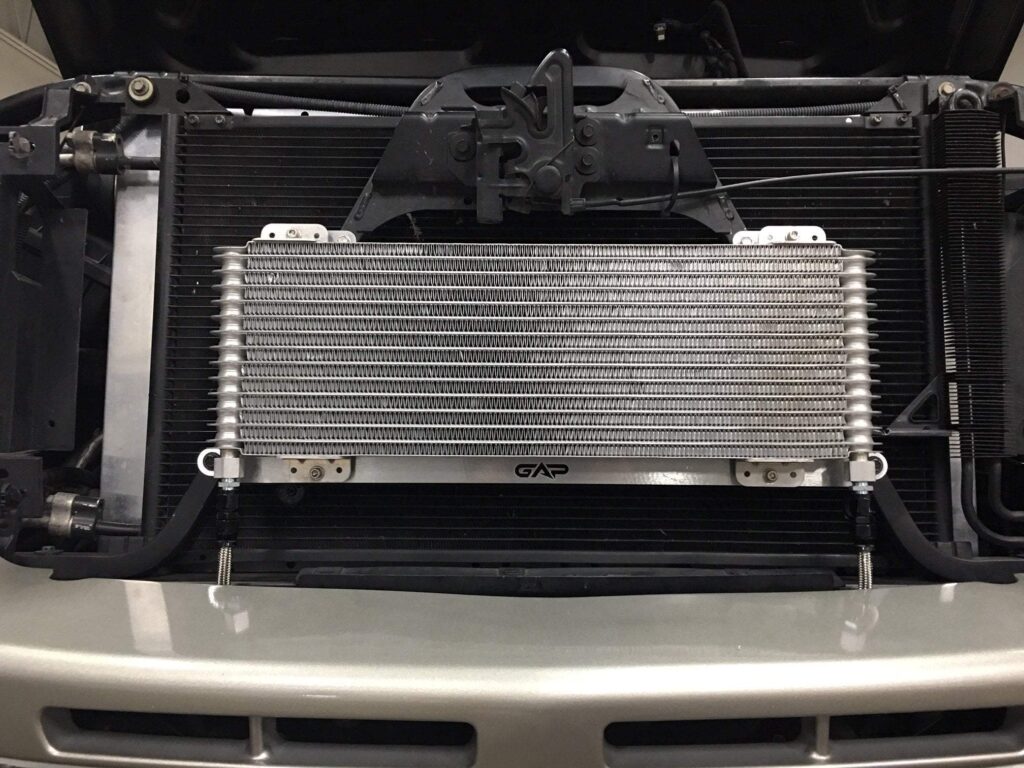
Engine Oil Coolers
In addition to a transmission cooler, upgrading your truck’s engine oil cooler can also boost towing performance. Towing heavy loads causes the engine to work harder, generating more heat. An engine oil cooler works by circulating engine oil through a radiator-like device, helping to lower the oil temperature. This keeps the engine running at optimal performance levels, preventing overheating and reducing wear on engine components during prolonged towing.
Powertrain Modifications for More Torque and Power
For truck owners looking to safely increase their towing capacity, upgrading the powertrain is another vital step. By enhancing the engine’s performance, you can generate more torque and horsepower, improving your truck’s ability to pull heavy loads uphill, accelerate smoothly, and maintain speed under demanding conditions. Below are some key modifications to boost power and torque for towing.
Performance Tuners and Chips
One of the most accessible ways to enhance your truck’s power and towing capacity is by using performance tuners or engine chips. These devices optimize engine performance by altering the factory settings in your truck’s engine control unit (ECU), giving you more control over horsepower and torque output.
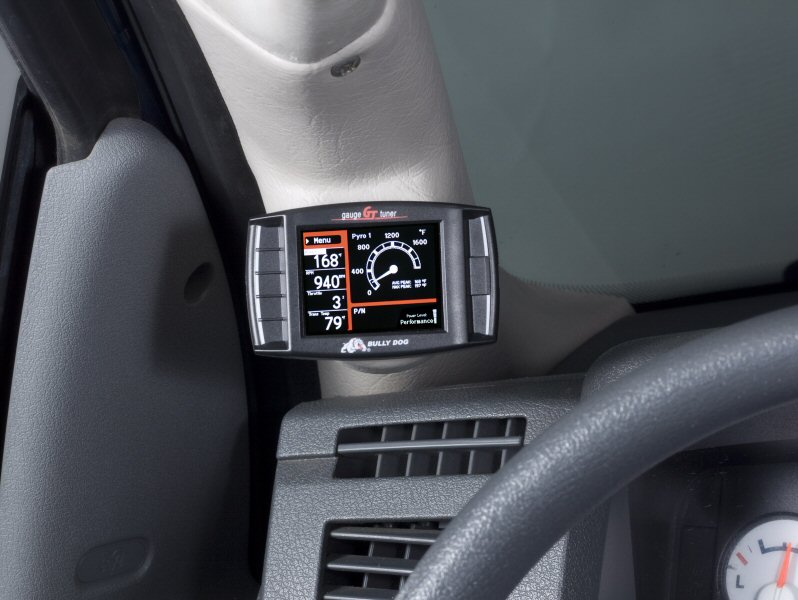
ECU Tuning
The engine control unit (ECU) acts as the brain of your truck, managing various engine parameters like fuel injection, air-to-fuel ratio, and ignition timing. ECU tuning involves reprogramming this system to unlock greater performance potential. By adjusting these settings, you can significantly increase torque and horsepower, which in turn improves your truck’s ability to tow heavier loads. For example, tuning the ECU for higher torque output at lower RPMs helps your truck handle inclines and uneven terrain more effectively, giving you smoother acceleration when pulling large trailers.
Power Programmers
Power programmers, or tuners, provide a more customizable solution for increasing towing performance. These handheld devices allow you to switch between different performance settings based on your needs. When towing, you can select a tune that boosts power and torque, while other settings may prioritize fuel efficiency for everyday driving. Tuners are especially useful because they give truck owners the ability to adjust engine performance on the go, maximizing power during demanding towing situations without permanently altering the ECU.
Turbocharger or Supercharger Installation
For those seeking a more dramatic boost in power, adding a turbocharger or supercharger can make a huge difference in your truck’s towing capabilities. Both systems work by increasing the airflow into the engine, which in turn produces more power.
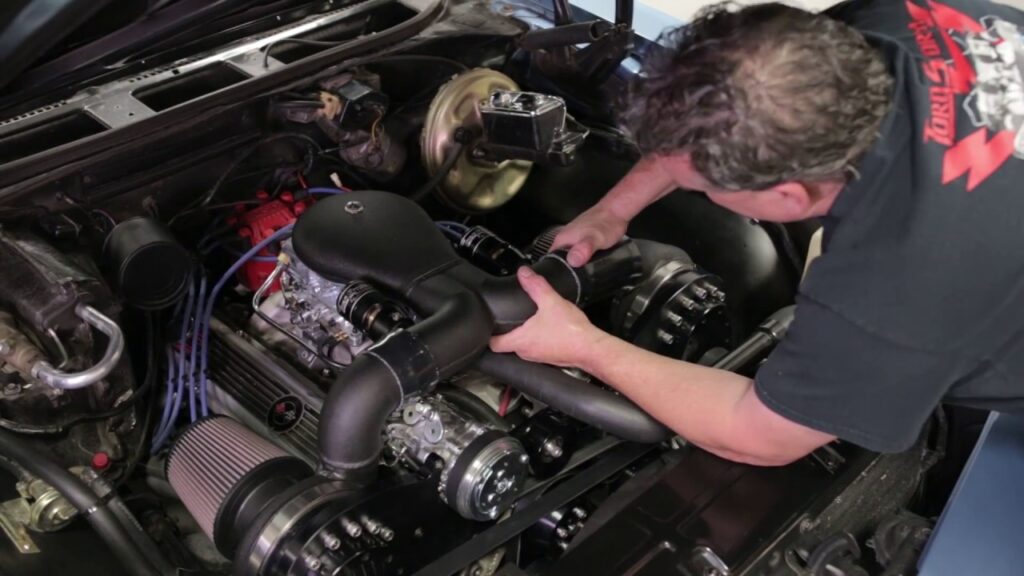
Boosting Engine Power
A turbocharger uses the engine’s exhaust gases to spin a turbine, forcing more air into the engine’s combustion chamber. This extra airflow allows the engine to burn more fuel, producing greater power output. The additional power from a turbocharger makes it easier to tow heavier loads uphill or in challenging conditions, as the engine can generate more torque at lower RPMs. This is especially beneficial when towing on steep gradients or when merging onto highways with a heavy trailer.
Similarly, a supercharger achieves the same goal but operates slightly differently. Instead of using exhaust gases, a supercharger is mechanically driven by the engine’s crankshaft. It delivers instant power and torque, making it ideal for truck owners who need an immediate boost in towing performance. Whether you choose a turbocharger or supercharger, both systems provide a significant increase in engine power, making towing heavy loads much easier and safer.
Safety Considerations When Upgrading for Towing
- Weight Distribution Hitch: Distributes the trailer’s weight evenly across the truck’s axles, reducing sag and preventing trailer sway. This improves stability and overall control, especially when towing heavy loads.
- Sway Control Devices: Minimize trailer oscillation, particularly in windy conditions or at higher speeds. Sway control systems help maintain smoother driving and prevent dangerous side-to-side movements.
- Brake System Upgrades: Upgrading to stronger brake pads and rotors, or adding electronic brake controllers, is crucial for safely managing the increased stopping demands when towing heavier loads.
Conclusion
Improving your truck’s towing capacity involves key upgrades such as suspension enhancements, powertrain modifications, and improved cooling and braking systems. These changes can significantly boost performance, but safety must always come first. It’s crucial to stay within the recommended towing limits and ensure all modifications are compatible with your truck.
Final Tip: Before making any major changes, consult a professional mechanic to confirm that the upgrades suit your truck’s specifications and are properly installed for safe towing.
